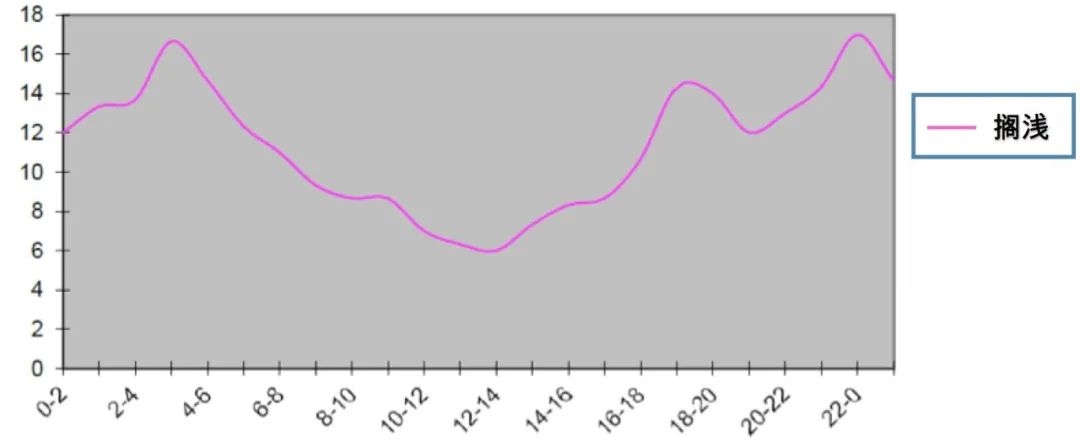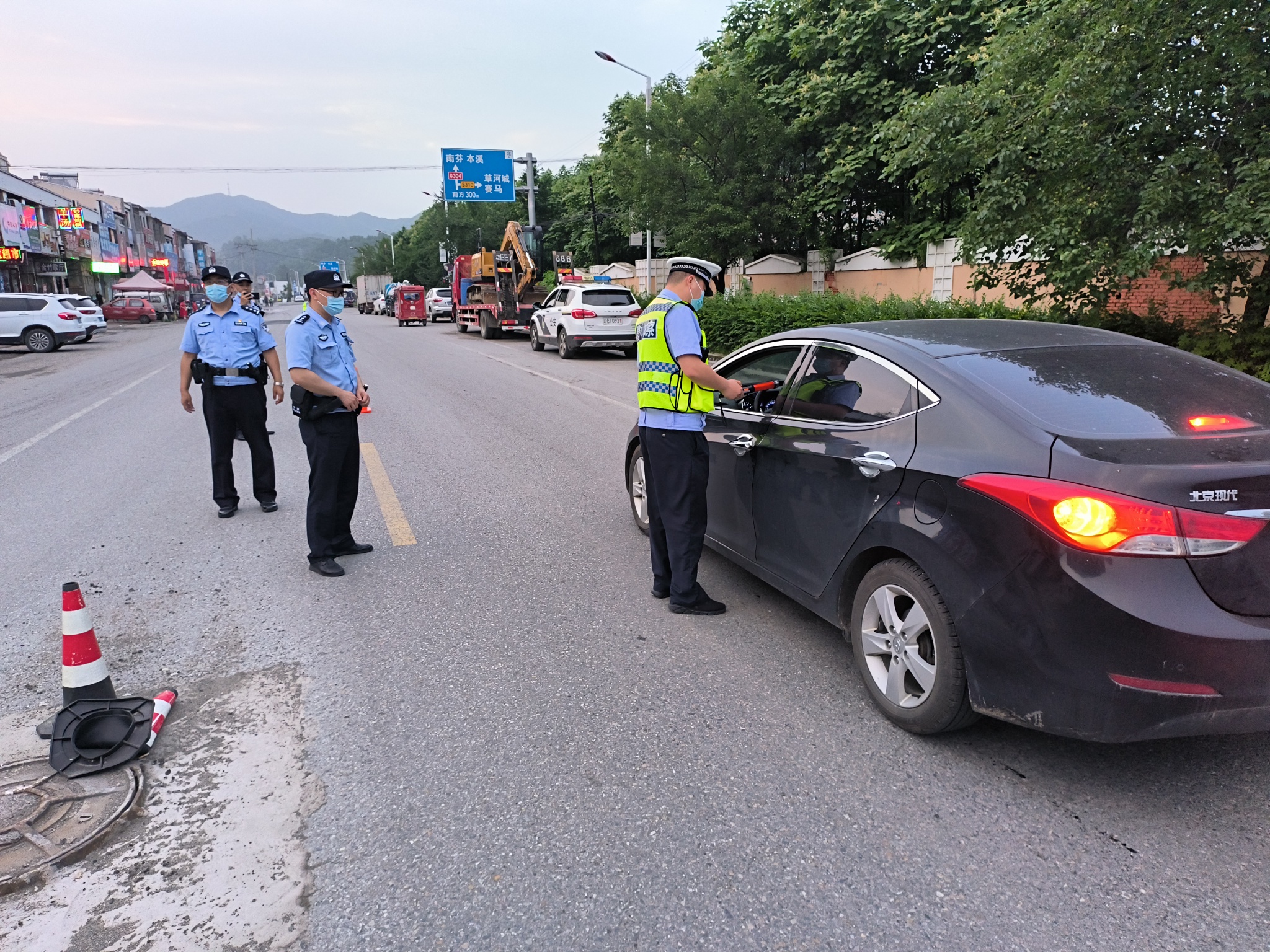Those things about fatigue and maritime accidents
Author:Chinese ship inspection Time:2022.07.13

Fatigue is causal in many types of maritime accidents and incidents, but the most common is in sailing accidents.
stranded
Among the 66 accidents surveyed by the British Maritime Investigation Bureau (MAIB) in 2004, 11 stranded accidents in 23 stranded accidents occurred in the 0000 to 0600 period period, and the other uniformly distributed in other times of the day. This is in line with all over 500 tons of ships with a total of more than 500 tons of waters, which shows that most of the accidents occur at night. Figure 3.21 shows that fatigue is considered a pathogenic factor that occurs in 9 or 82%in this study.
It is worth noting that in 9 accidents related to fatigue, eight vessels involved only carry two people on duty. In every case, it is not equipped with hope personnel. The use of automatic rudder, duty alarm system is not installed or not used, and unattended duty staff fell asleep. These eight ships account for 35%of all stranded ships in the study. It can be seen that ships equipped with such levels are easily stranded due to the fatigue of individual duty personnel.
Incident-stranded-scroll 3 hours accident time

Tu British Maritime Investigation Bureau (MAIB) Research-Strang-Time Points of the day
Insufficient on -duty personnel capabilities are a serious problem, which leads to a large number of stranded accidents in the British waters each year.
Case
The typical driver's fatigue occurred at 0515 in the morning of June of a certain year, and a 1990 -ton grocery ship was stranded on the west coast of Scotland. The large deputy has been on duty since midnight, and has been affected by the cumulative fatigue caused by the 6 pour and 6 duty model. In the meantime, he will regularly connect the port. He also needs to supervise all the goods operation. Between 0405 and 0415, the big deputy fell asleep in front of the console, and missed the steering point of the plan. When the boat was stranded, he woke up, but still stood.
Supporting staff standards and fatigue
A total of 12 ships were stranded when they were on duty. All of them are dry goods/containers, 10 of which are less than 3,000 tons, only two senior crew members on 11 ships, and no more than three personnel on the deck on each ship. All these stranded occurred in a sunny day or good visibility, and 9 of them occurred in the night. Among them, only stranded together in the port or port area, and the rest occurred along the coast.
This data emphasizes the relationship between small dry cargo ships on the short route. The relationship between the stranded stranded caused by two deck staff and fatigue. MAIB believes that fatigue has existed for many years. The factors that cause this connection include: voyage turnover time; disturbing duty model; working hours; ship types and standards; sleep problems; tension and work pressure; relationship between crew; and the type of goods contained.
The daily distribution of tired stranding accidents is in line with the rhythm or biological clock of the human body, which is the same as the traditional awakening during the day and night sleep mode. Psychological tests show that human alertness is the lowest in the first few hours in the morning. This can be solved by duty personnel for a period of time.
Figure 3.22 shows that most stranded accidents occur between 0000 and 0600. Among them, fatigue is a factor that follows the working mode of 6 pour and 6. If it is not disturbed, this cycle usually gives individuals to the opportunity to adapt to the night (directional) at night, so that their performance and alertness in the middle of the night will be improved. This is possible during the long flight of the ship, but in just a few hours and the Nordic waters in the navigation area and a few days of voyage, the port is frequently affiliated with the port that disturb the cycle. During these periods, due to the need to quotate, cargo homework, and more and more review and inspection, it is inevitable to change the duty model. In addition, although staying in the port for one night or short -term trimming seems to be the appropriate way to eliminate fatigue, it may actually further disturb the sleep mode of the staff on duty, which will cause harmful effects. The continuous interference of sleep and day and night rhythm can lead to fatigue accumulation, and the longer the time for people to withstand fatigue.

Graphs of Strand-Duty Mode (derived from MAIB)
Even if you have a chance to rest, you cannot guarantee that the duty staff on the driver's desk want to sleep or be able to sleep. Private affairs still have to be completed, such as calling or writing to go home, and the noise and movement on the ship, as well as the temperature and light of the environment, will affect the personal sleep ability. Many of these factors are affected by the weather. This fact may help explain why most stranded accidents occur in winter. At that time, the outdoor temperature was low, the probability of harsh weather was greater, and the night was longer. From 1994 to 2003, a similar stranded accident was also found in all 500 tons of ships in the UK waters.
The STCW 95 stipulates that the rest time of the seafarers must not be less than 10 hours within any 24 hours, and no less than 77 hours within 7 days. In addition, the rest time does not exceed two time periods, one of which is at least 6 hours, and the interval does not exceed 14 hours. When 6 pour and 6 driving platforms on duty, these requirements can be complied with. However, people on duty within 7 days will be on duty for a total of 84 hours. If you add a minimum of 77 hours of rest time, you will only increase another 7 hours, that is, the captain and the large deputy will have an hour every day to fulfill other responsibilities except the duty other than the duty. For large deputys, this may include supervision of goods operations, correction of sea maps and publications, supervision and coordination of deck devices and equipment maintenance, fire protection equipment maintenance, and safety officers. For the captain, it includes all international conventions for him, such as STCW, SOLAS, ISPS rules, and the company's business and security management system. Then you can draw such a conclusion, either some tasks, or all the tasks are not completed, or violate the minimum rest time. In this regard, the British Maritime Survey and other aspects concluded that the rest time of many ships showed the rules of compliance, but did not complete accurately. Fatigue is the influencing factor of recent stranding accidents, which indicates that the rules for rest time have not greatly affected the schedule of the duty class on many ships.


- END -
Psychology: A man who likes to sleep with a woman is nothing more than three psychology

The most interesting and practical psychology every daySleep is an indispensable p...
The traffic management brigade of the Public Security Bureau of Benxi County deployed the "Hundred Days Action" work in the summer cracking down on summer

In order to conscientiously implement the instructions of the Municipal Bureau and...